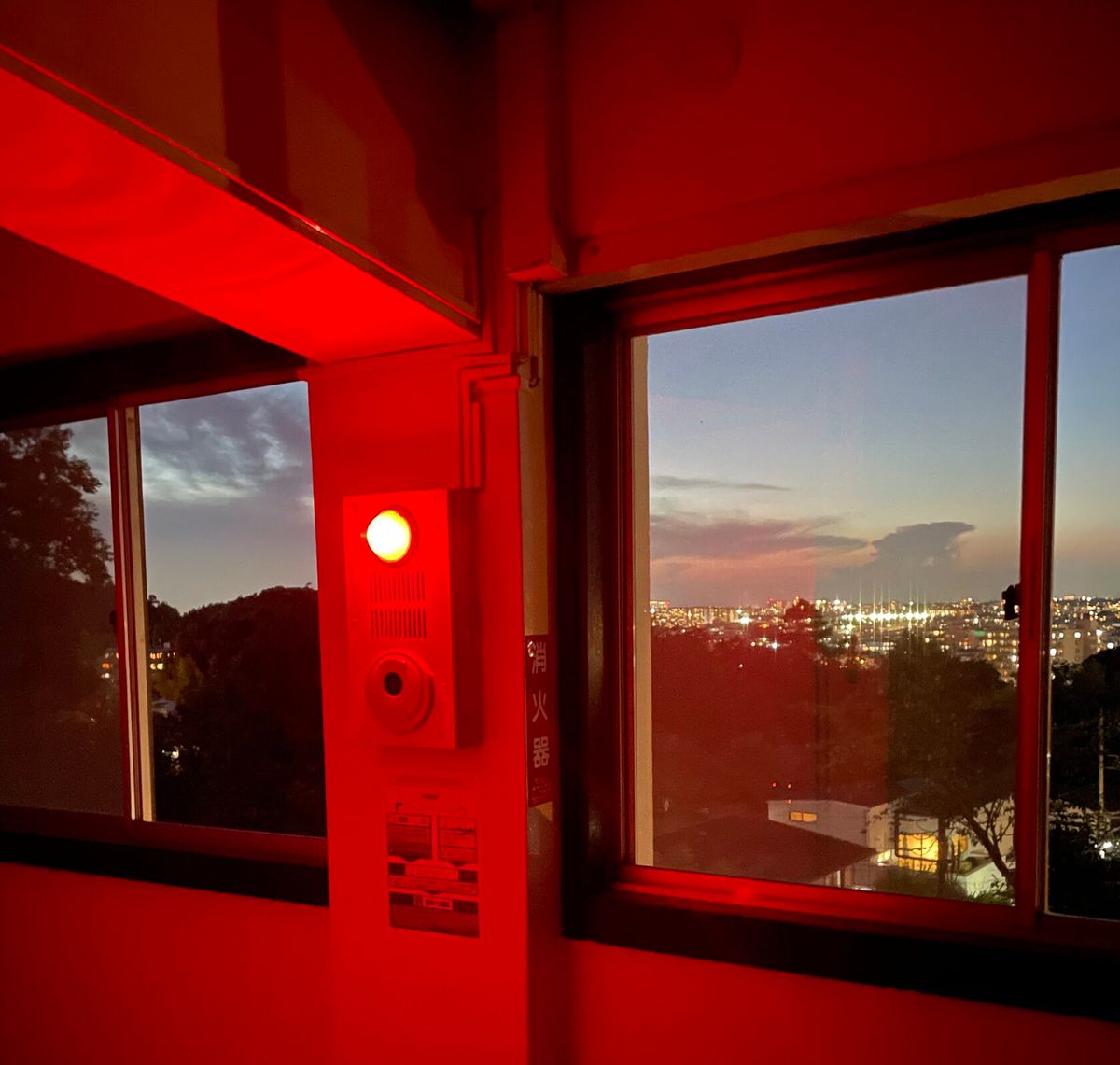The Problem with Western Missionaries

You may be surprised to hear of my unashamed love for Christian hip-hop.
Hip-hop records like "Andy Mineo and Wordsplayed Present Magic & Bird," "Good Religion," and "Fly Exam" remind me of dear seasons in Japan.
These songs keep me tied to the states.
You're asking, "so what does American hip-hop have to do with western missionaries?"
A few weeks ago? No relation whatsoever.
Until... West-coast rapper Ruslan and emcee/activist Sho Baraka uploaded their interview entitled:
The Problem with Western Missionaries, Sho Baraka Ruslan Interview
Ruslan's YouTube channel focuses on Christian discipleship & cultural commentary. (In recent months, his content seems be less helpful and more provocative to get views on YouTube. So please be careful of that.)
Ruslan echoed Sho Baraka's criticism of Western missionaries at the beginning of the video interview.
Here is the main quote discussed in Sho's new book:
"I have no intrinsic hate for the work of missionaries. I believe that the world should be filled with ideas and ideas should be carried across the globe. But I do believe that missionaries can be misguided. History shows that missionary projects can become Western religious colonialization disguised as religious compassion. Too often, missions has been about the gospel of culture, not the good news of Christ."
That's a legitimate critique. Is missions work incognito Western colonialization?
Not on our watch. But it's not so simple as "just say no to colonialization." 🙅🏻♂️
On one hand, culture is visible and prominent. For example, what's your usual outfit for a fireworks show? Some wear yukatas. Others rock a t-shirt and ball-cap.
But much of culture is subtle, shaped into deep thought patterns and expectations.
An example is the Japanese concept of "reading the air."
Think of it as an ability to intuit what others in your group want without having direct conversations about those desires.
Are we pressing foreign values if we repeatedly ask for clarity when these desires have been indirectly communicated? Communication is modeled differently in our respective cultural homes and schools.
Now we've entered into the tricky terrain of varying cultures. Is it inappropriate for people raised in Brazil or the US to expect direct communication in Japan?
Expect.
Foreign missionaries need to be especially cautious about what they expect.
Quick apologies and detailed questions are the ingredients necessary for success. Missionary work is an exercise in humility.
Now, back to Ruslan and Sho.
I was hoping their interview would distinguish clearly between healthy long-term missions and toxic short-term trips. The brunt of their backlash was challenging the many two-week missions trips to developing nations. They railed against these pseudo-vacations where culturally clueless foreigners overestimate the value of their one-time financial and moral contributions to a local community.
I've been on short-term trips in that vein. I have witnessed the "foreigner as savior" attitude firsthand. Any mission approached that way is harmful to both parties. The reasoning behind that view is expressed most helpfully in the book "When Helping Hurts."
Know that there are many faith-inspiring examples in the correct direction.
Consider the sublime testimony turned adventure novel "Bruchko." The true story of Bruce Olson, a real-life superhuman. At incredible personal risk in the northern Amazon rain-forest, a 19-year-old missionary guided solely by the Holy Spirit swayed the heart of a hostile native tribe.
Bruchko survived deadly disease and Pharisaical persecution from the established westernized church. Bruce's story repeatedly proves that God's wisdom is justified by His children. He perfectly embraced the beauty of foreign culture while adding the love of Jesus into it.
A central theme of his story is reliance on God for every move and investing heavily in local leaders to make the most significant progress. He shifted the focus from culture to people. The one leader he supported proved to be Jesus' vastly superior way to reach the whole tribe.
You can read a short testimony from 1995 of Bruce's faithfulness to the mission of God while attacked by a hostile revolutionary army: http://www.bruceolson.com/english/texts/beotext1.html
Our heart as church planters in Japan is the same. We invest in local leaders. We live to reach, integrate, prepare, launch, and support Japanese world changers.
What are your thoughts on missions and missionaries?
